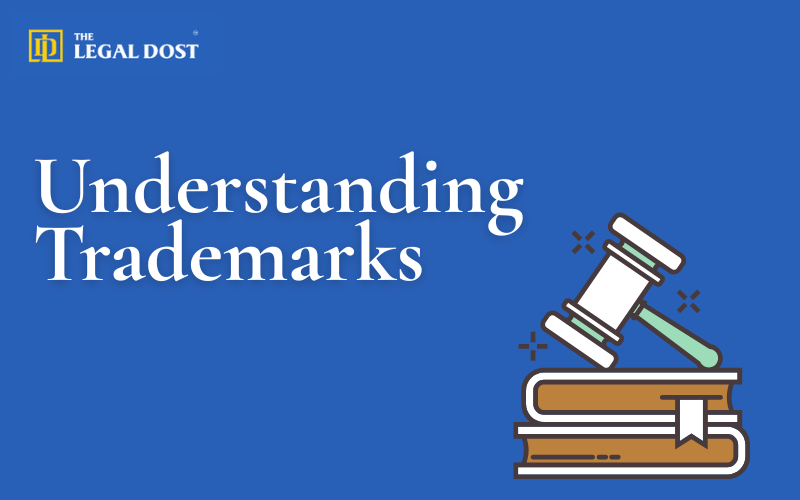What is a Trademark?
A trademark is a recognizable sign, design, or expression that identifies products or services from a specific source. It serves to distinguish your brand from competitors, offering legal protection against misuse and infringement.
Why Trademark is Important for Your Business?
Trademarks are crucial for businesses for several key reasons, primarily revolving around brand protection, market differentiation, and building consumer trust and value.
We will discuss the Importance of Trademark in detail in a separate session.
Types of Trademarks: Exploring Different Categories
Trademarks can be categorized into several types, including word marks, design marks, and service marks.
Word marks protect brand names and slogans.
Design marks cover logos and symbols.
Service marks are similar but specifically denote services rather than goods.
How to Conduct a Trademark Search: Tips for Entrepreneurs
Conducting a trademark search is a vital step before filing for registration. Start by searching databases like the Intellectual Property Rights of India: www.ipindia.gov.in and online search engines to identify existing trademarks that may conflict with yours.
Be thorough in your search, and consider variations in spelling and similar-sounding names that could lead to potential issues. This process can save you time and money by ensuring your chosen trademark is unique and available for use.
The Trademark Registration Process: Step-by-Step Guidance
The trademark registration process involves several key steps:
First, you need to conduct a trademark search, then prepare and file your application with ipindia.gov.in, including required documents and fees.
Once submitted, your application will be reviewed by an examining attorney. If approved, it will be published for opposition, allowing others to contest your mark. After this period, if there are no objections, your trademark will be registered, granting you exclusive rights to its use.
Common Trademark Mistakes and How to Avoid Them
Many entrepreneurs make common mistakes when it comes to trademarks, such as:
Failing to conduct a thorough search
Misunderstanding the differences between trademarks and copyrights.
These errors can lead to costly disputes and wasted resources.
To avoid these pitfalls:
Educate yourself about trademark laws
Seek professional advice when needed.
Ensure your trademark is distinctive and not merely descriptive, as this can significantly impact your chances of successful registration.
The Reverse Charge Mechanism (RCM) is a tax collection method under GST where the recipient of goods or services, instead of the supplier, is responsible for paying the GST directly to the government.
RCM applies to transactions such as legal services, goods transport agencies (GTA), e-commerce operators for certain transactions, import of services, and purchases from unregistered suppliers.
Yes, businesses can claim ITC on RCM payments. They must first pay the GST liability, report it in GSTR-3B, and then claim ITC in the subsequent eligible return.
Under RCM, businesses must pay GST upfront, which can create short-term cash flow constraints. However, they can later claim ITC to offset this cost.
Businesses must issue self-invoices, pay GST on applicable transactions, report RCM transactions in GSTR-1 and GSTR-3B, and maintain digital records as per updated compliance standards.
Failure to comply with RCM regulations can lead to higher penalties, interest on unpaid tax, and stricter audits as per the revised GST laws in 2025.
Key updates include expanded coverage of digital and gig economy services, automated verification for RCM payments, stricter penalties for non-compliance, and simplified ITC claim processes.


